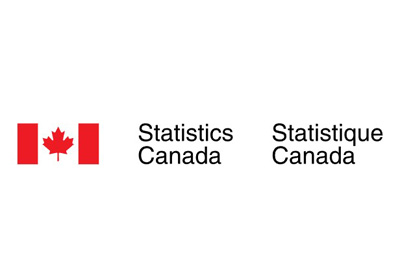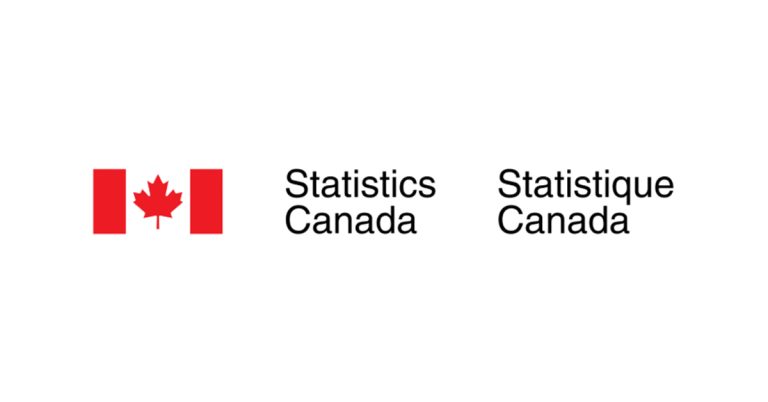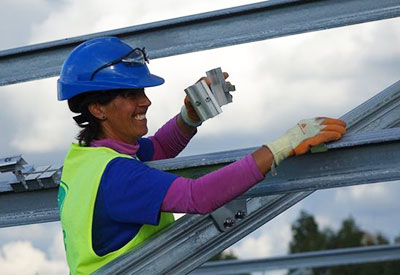Building Permits, September 2022

November 9, 2022
The total value of building permits in Canada fell 17.5% in September to $10.2 billion, the largest recorded monthly decline. This was the first time all survey components posted monthly decreases since September 2019. Both the residential (-15.6% to $7.0 billion) and the non-residential (-21.5% to $3.2 billion) sector posted declines.
On a constant dollar basis (2012=100), the total value of building permits dropped 17.8% to $6.0 billion.
Multi-family component drags down residential sector
The value of residential permits decreased 15.6% to $7.0 billion nationally in September, with a similar decline in the number of units (-16.0%) being built.
The value of building permits in the multi-family component tumbled 21.2%. This drop was largely due to Ontario, which fell 39.6% following a record high in August. While August saw the submission of four permits valued at over $100 million in Ontario, including one for $480 million, there were no permits in September to break the $100 million mark.
Construction intentions in the single-family homes component declined 7.7%. Seven provinces posted decreases, with notable declines in Ontario (-7.0%), Manitoba (-35.1%), and Alberta (-15.9%).
Non-residential sector down across all components
The total permit value of the non-residential sector decreased 21.5% to $3.2 billion in September.
The institutional component, after three consecutive monthly increases, dropped 37.2% in the month.
Construction intentions in the commercial component fell 11.5%, with decreases posted in nine provinces. The two provinces to post gains were British Columbia (+37.9%), after three consecutive monthly declines, and Quebec (+22.3%), after posting the lowest value of the year in August.
The value of building permits in the industrial component declined 23.4%, reaching the lowest point since late 2021 and has been on a downward trend since then.
Third quarter construction intentions slow down
The total value of building permits in the third quarter of 2022 decreased 6.3% to $33.7 billion after three consecutive quarterly increases.
The residential sector declined 5.6% in the quarter, with decreases posted in all provinces, returning the sector to historic levels following a strong second quarter. Single-family permits declined 9.0%, while multi-family permits were down 2.6%.
Overall, the number of new units slated for construction in the residential sector declined 7.4%. Much of the decrease stemmed from the multi-unit component (-7.8%) as it reached its lowest point since the third quarter of 2020. Single-family intentions saw a 6.2% decline.
The non-residential sector saw a 7.9% decrease to $10.8 billion, with declines in all components.
The industrial component (-19.3%) was the biggest drag on the sector, after reaching a new record high in the first quarter of 2022. The commercial component decreased 1.8% after six consecutive quarterly increases. The institutional component (-10.1%) continued to cool off after nearly hitting the $4 billion mark in the first quarter of 2022.











